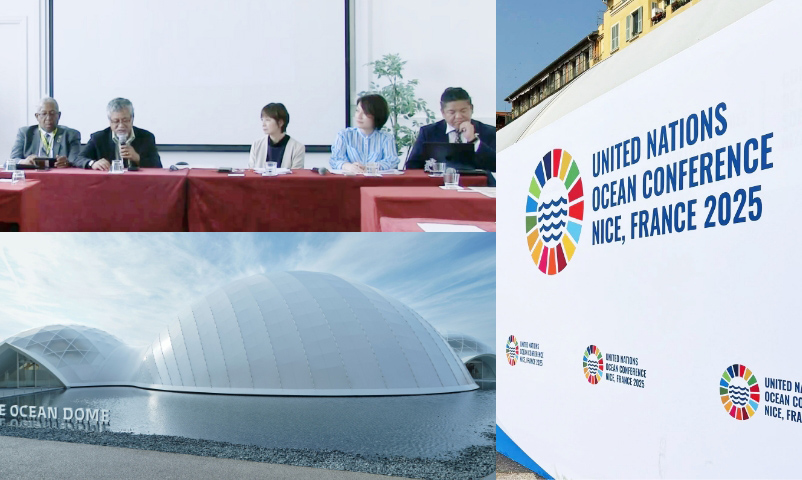
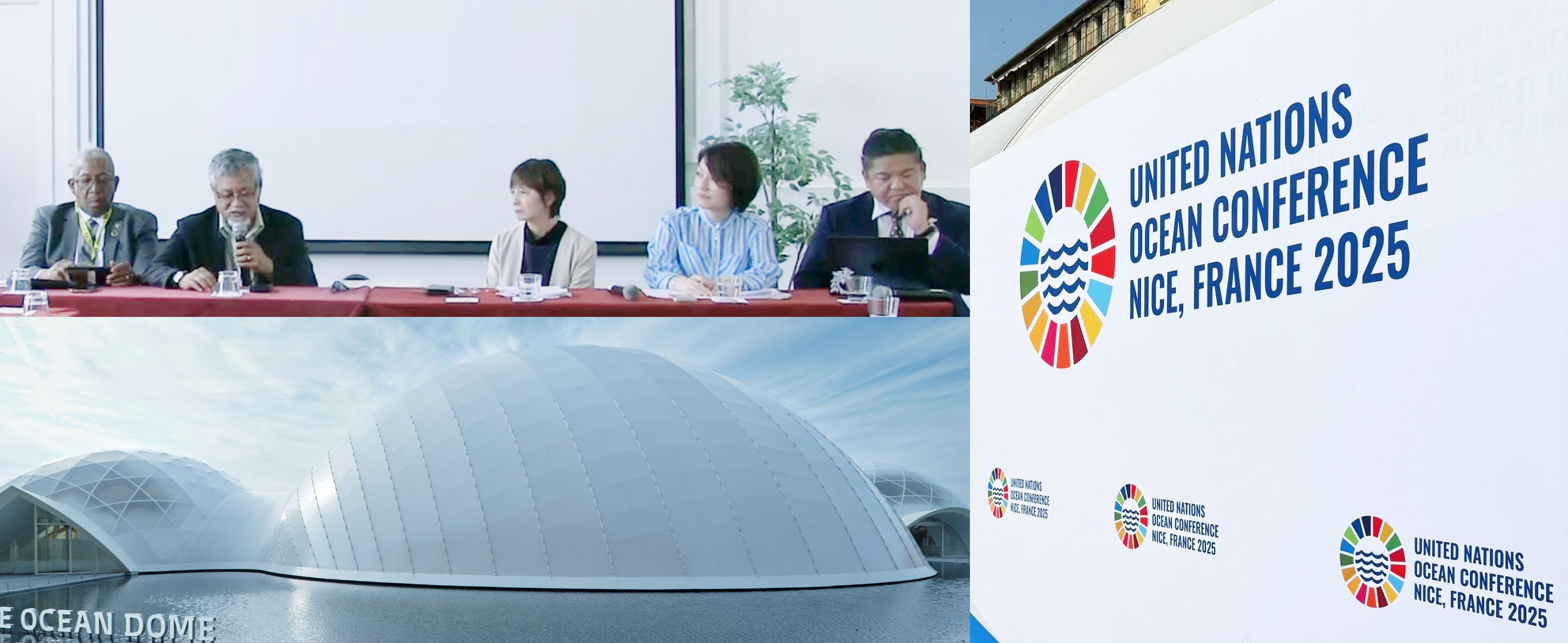
Shaping the Blue Economy
A ¥50 Trillion Market by 2030
9 - 13 June 2025
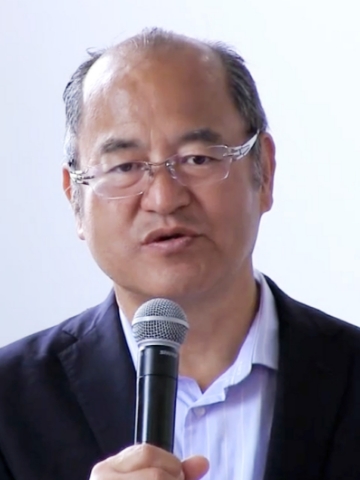
General MC:
Masanori Kobayashi
Senior Research Fellow,
Sasakawa Peace Foundation
OPENING
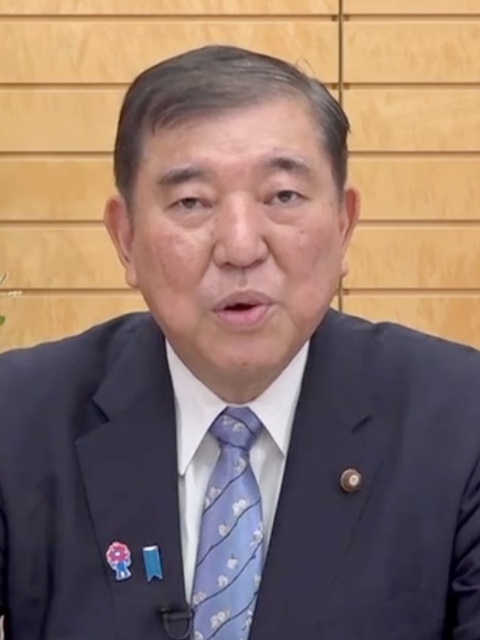
The ocean serves as a habitat for fish, shellfish and a wide variety of other wildlife, a place of economic activity driven by shipping, and as a stage for innovation in areas such as renewable energy generation. As a maritime nation surrounded by the ocean, Japan promotes economic development through the conservation and sustainable utilization of the seas. It is now working to set an example for other countries around the world and to steer international cooperation.
It is our hope that UNOC3 will help further strengthen international collaboration on the conservation and sustainable use of the oceans. At the same time, we very much welcome the NIKKEI Blue Ocean Forum Expert Committee’s recommendations for strategies to conserve the oceans and promote the blue economy.
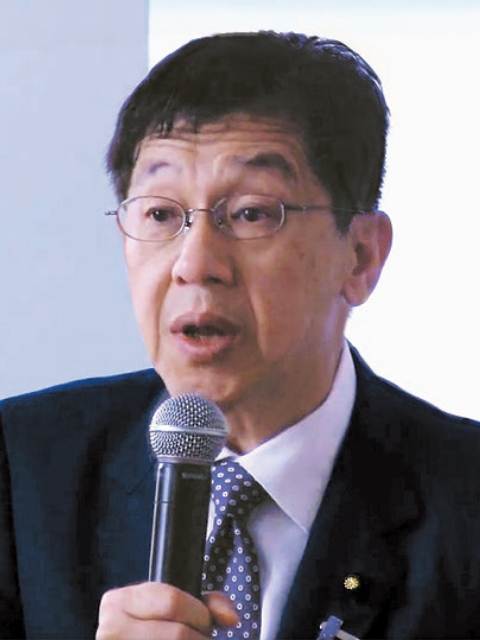
for Foreign Affairs
Japan is a maritime nation endowed with the sixth largest exclusive economic zone (EEZ). To resolve the issues facing the ocean, while making the most of its potential, it is vital that all the various stakeholders come together to tackle the challenges.
The Japanese government is working to take steps necessary to conclude the Agreement on Marine Biological Diversity in the Areas Beyond National Jurisdiction (BBNJ Agreement), which establishes new rules for marine biodiversity. It is also working to address illegal, unreported and unregulated (IUU) fishing and the abuse and forced labor of crew members on foreign fishing vessels. Furthermore, it is actively addressing the issues of marine plastic pollution and blue carbon, stepping up efforts to strike the right balance between ocean conservation and sustainable ocean use.
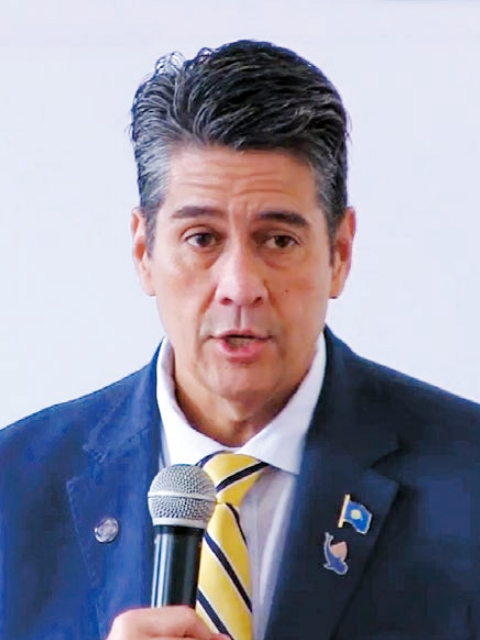
Achieving a sustainable blue economy is an urgent task. Keeping the world’s oceans healthy is connected with global environmental issues. It is therefore necessary to take immediate action to enhance the effectiveness of the BBNJ Agreement, which allows protected marine areas to be established in international waters.
To promote the blue economy, it is essential to transform fisheries using data, decarbonize vessels by adopting sustainable fuels and other means, deal more effectively with plastic waste and invest actively in the oceans. We want to work with our partners to protect the ocean and achieve a sustainable blue economy throughout the Asia-Pacific region, to help promote greater prosperity in the region.
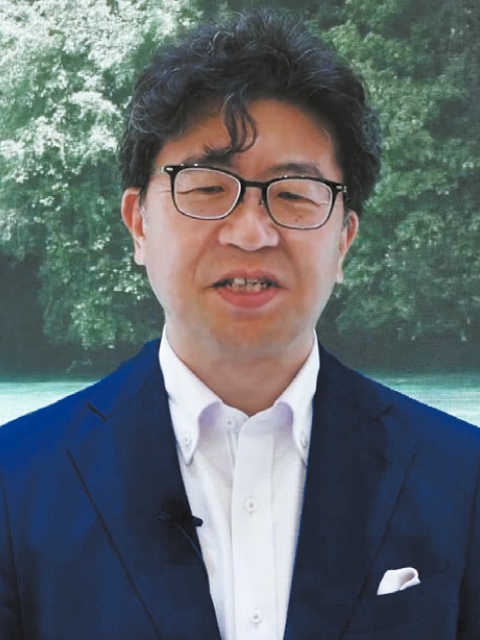
Through the NIKKEI Blue Ocean Forum, the Sasakawa Peace Foundation and the Nikkei Group have engaged in a variety of discussions with experts over the past two years, with a view to realizing sustainable blue economies. These discussions have concerned sustainable fisheries, sustainable resource management, climate action, circular economy, innovative finance and community empowerment.
Innovation, partnerships and human resource development are indispensable for advancing a sustainable blue economy. We want to present the outcome of our discussions as recommendations with the hope of accelerating meaningful action for ocean conservation and responsible ocean-related initiatives.
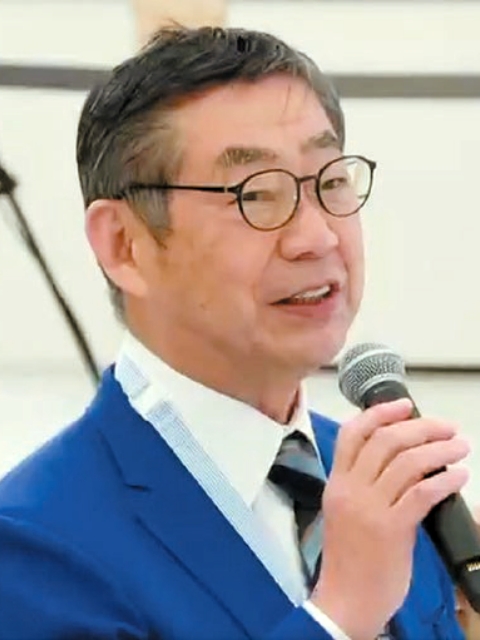
A Japanese NPO, ZERI JAPAN, constructed the Blue Ocean Dome pavilion at the Expo 2025 Osaka, Kansai. The pavilion is attracting around 6,000 visitors every day. We are working with the Blue Ocean Initiative (business coalition) to make the ocean cleaner and healthier by demonstrating initiatives in a wide variety of fields, such as fisheries, tourism, transportation, energy and finance.
There are three key elements for promoting the blue economy: sustainable resource use, value-added process creation and job creation through the blue economy. Our vision for the future is a “blue ocean,” i.e., a sustainable ocean to pass on to coming generations. We are passionately committed to realizing this vision.
PROPOSALS
Growth industries with marine DX
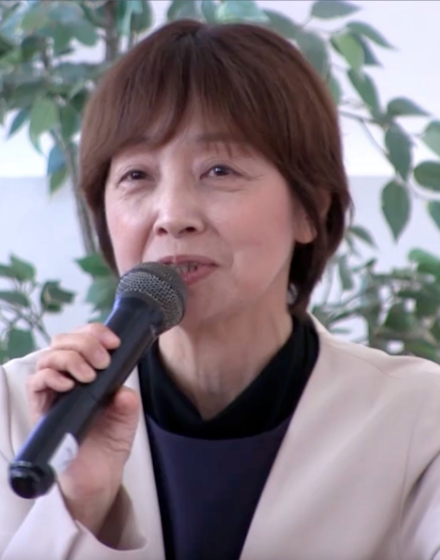
The ocean is an important theme that is fundamental not only to the SDGs, but also for decarbonization, “nature positive” for regenerating lost nature and solving the plastic problem. On the other hand, the ocean also supports our economy through fisheries, shipping, renewable energy and tourism. There is therefore an urgent need to develop a “blue economy” that balances marine environmental considerations with economic growth.
After extensive discussions on conservation and sustainable use of the ocean, the forum concluded that changes are needed in five areas, namely, fisheries resources, climate change, resource circulation, finance and regional revitalization, proposing recommendations to address them.
The key to a “blue economy” is collecting and analyzing scientific data. The proposal is to build a sustainable fishery food system through marine digital transformation (DX), with the goal of creating a growth industry worth ¥10 trillion by 2030.
In the field of climate change, the idea is to promote decarbonization of shipping to achieve “zero carbon” ocean transport, and green transformation (GX) of the oceans by creating seaweed beds and using blue carbon credits. The plan for resource recycling is to build an advanced world-leading recycling society. This can be done using terrestrial resources efficiently through recycling and the use of technologies like IoT and AI, with comprehensive internet connectivity. Such systems should also be expanded to the rest of the world.
Since Japan produces and consumes such highly diverse, small-scale, seafood resources, it is proposed to establish a new funding mechanism that allows investment and financing to flow to SMEs and startups. The plan also envisions financial support for the conservation of marine environments and utilization of marine resources. This would lead to the setup of a “blue economy” market worth ¥50 trillion by 2030. The mechanism would also be shared with other Asia-Pacific countries.
About Proposal from the NIKKEI Blue Ocean Forum









